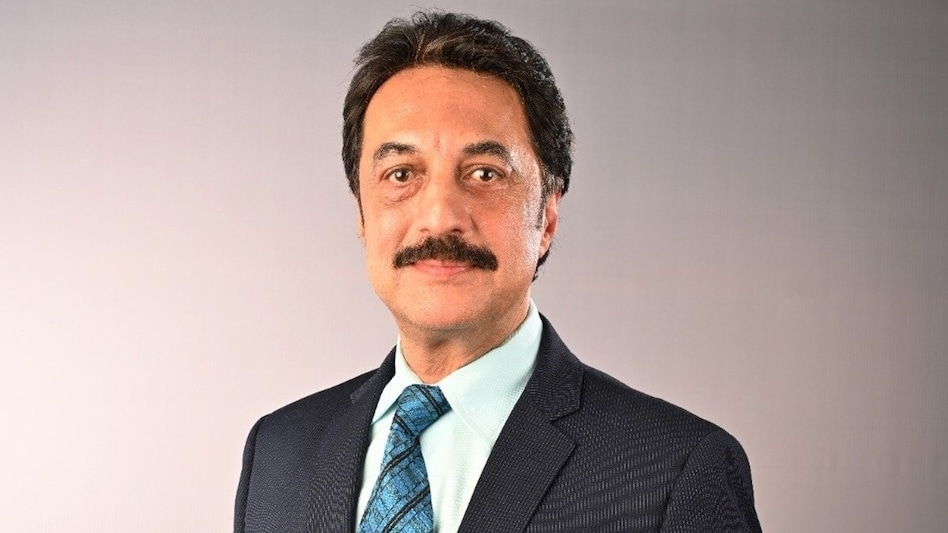 Sharma’s argument: you can’t dine out on easy money for forty years, then walk away calling the chef reckless.
Sharma’s argument: you can’t dine out on easy money for forty years, then walk away calling the chef reckless.
 Sharma’s argument: you can’t dine out on easy money for forty years, then walk away calling the chef reckless.
Sharma’s argument: you can’t dine out on easy money for forty years, then walk away calling the chef reckless.Veteran investor Shankar Sharma, in a post on X, blasted the American financial elite — naming everyone “from Warren Buffett downwards” — as “pure hypocrites” for decrying U.S. deficits after decades of getting rich off them.
“I laugh so hard when I see these American hedge/fund managers pontificating, tut-tutting about deficits,” Sharma wrote.
“They all got rich because of American profligacy—huge deficits, artificially low rates, fudged inflation data, endless bailouts. And now, they sermonize the bartender.”
The “bartender,” as Sharma metaphorically framed it, is the U.S. government’s loose fiscal and monetary policies — once a bonanza for investors, now a punching bag for market commentators worried about debt and inflation.
Sharma’s criticism taps into a long-simmering contradiction in financial circles. For decades, Wall Street has ridden a wave of government stimulus: from the Reagan-era deficits and 1980s Savings & Loan bailouts, through the Federal Reserve’s ultra-low interest rates, to the massive liquidity unleashed during the 2008 financial crisis and the COVID-19 pandemic.
Each round of public spending and monetary easing sent asset prices higher — enriching hedge funds, banks, and seasoned investors. Yet some of those same figures now sound alarms about rising deficits, inflationary risks, and the moral hazard of bailouts.
Sharma’s argument: you can’t dine out on easy money for forty years, then walk away calling the chef reckless.
While some economists argue that it’s legitimate to profit from the system while still questioning its sustainability, Sharma isn’t buying it. “At the very least,” he wrote, “one should not be hypocritical.”
His broadside challenges the narrative of fiscal purity often pushed by financial icons who, critics say, are only worried now that the risks they once ignored could erode their gains.